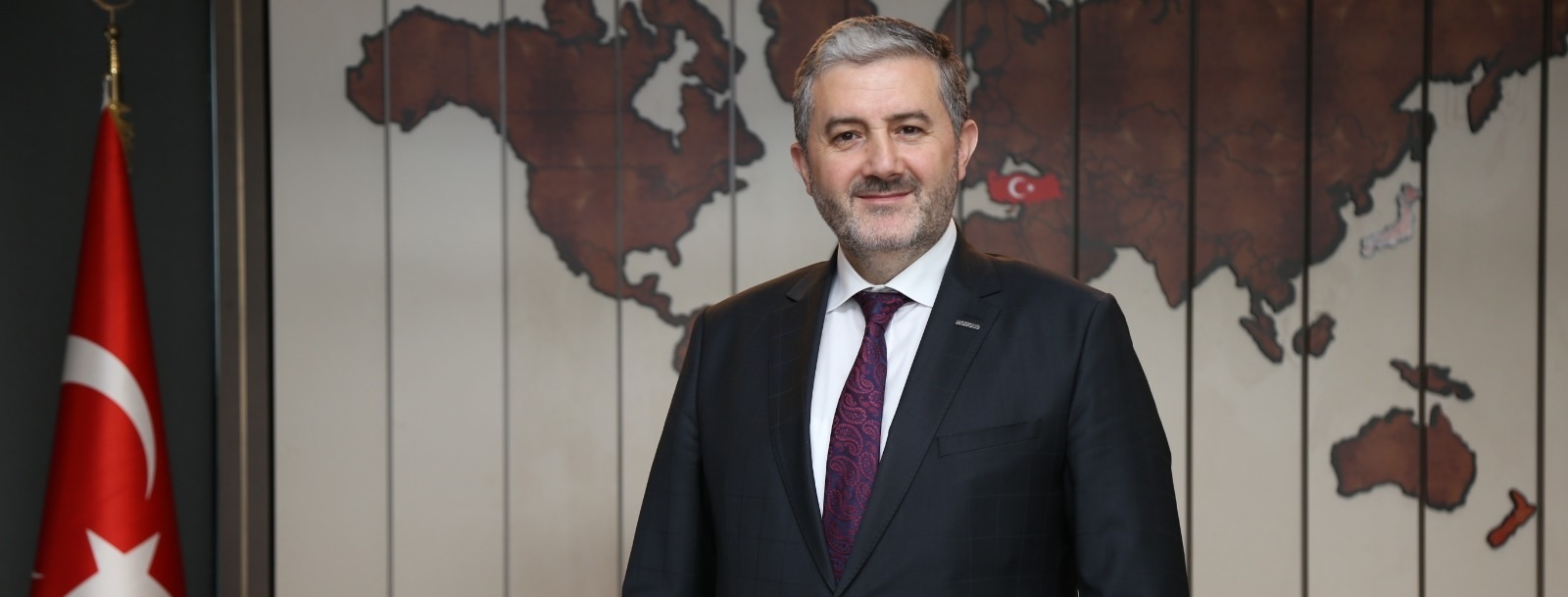The Turkish Statistical Institute (TÜİK) announced Gross Domestic Product (GDP) data for the July-September period. Based on these data, the Turkish economy grew by 6.7 percent in the third quarter. Our Chairman Abdurrahman Kaan issued a written statement on the matter. Chairman Kaan made the following statement in his statement:
"The global economy, which was expected to grow by 3.5 percent throughout 2020 before the Covid-19 pandemic, is projected to contract in the range of 4.5-5.0 percent during this period, according to current estimates. Indeed, the leading countries of the global system, which paid a heavy economic price for the pandemic in the second quarter of the year, continued their contractions in the third quarter.
For example, during this period, the UK economy contracted by 9.6 percent, Japan by 5.8 percent, the Eurozone by 4.4 percent, Germany by 4.0 percent, and the US by 2.9 percent. Excluding China, which grew by 4.9 percent, the negative performance of all G20 countries was striking.
In this context, the 6.7 percent growth of the Turkish economy in the third quarter of the year indicates that we are positively differentiated not only from developing countries but even from the economic performance of developed countries. Thus, Turkey demonstrated the most successful growth performance among G20 countries in the third quarter of the year." This has been the case.
During this period, domestic consumption expanded by 9.2 percent, making a significant contribution to growth, and the 22.5 percent increase in investments, which returned to a strong positive trend after a two-quarter hiatus, have been key factors in determining the pace of recovery in the Turkish economy. We believe that exports of goods and services, which decreased by 22.4 percent due to the contractionary effect of foreign trade, which was significantly negatively affected by the pandemic, will return to positive levels by the last quarter of the year.
Despite the progress we have made, particularly in the services sector in recent years, the manufacturing industry remains crucial for the Turkish economy. The scale of production in the manufacturing sector, which expanded by 9.3 percent in the third quarter of the year, within the 8 percent expansion of the industrial sector, will be a competitive advantage for our country in the post-COVID-19 era. The continued growth of the services, agriculture, and construction sectors, alongside the industrial sector, during this period is encouraging, as it indicates that the 6.7 percentage point growth has spread to the base.
Thus, the Turkish economy, which grew by an average of 0.4 percent in the first three quarters of the year, will meet the 0.3 percentage point year-end target under the New Economic Project (NEP). It is one step closer to its growth target. The return of the Turkish economy to a positive growth path, after international organizations predicted a significant contraction during the pandemic, represents significant motivation for the real sector, particularly in 2021 and beyond.
In this context, as MÜSİAD, we believe that in this upcoming period, which we can call a new era, the economy will once again enter a period of strong growth with aligned monetary and fiscal policies. By surpassing our efforts in the production-trade-investment triangle, we will achieve the international competitiveness that will ensure sustainable economic growth.

